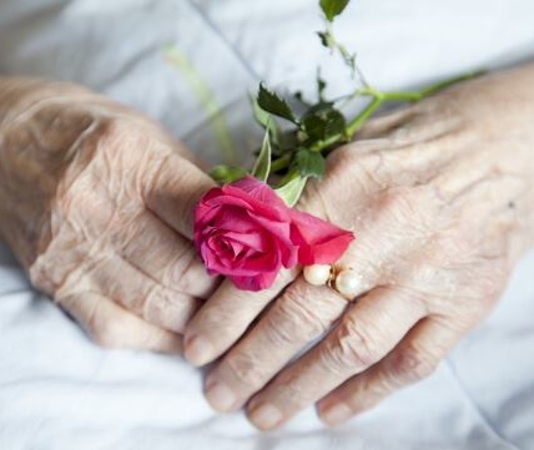There are as many reasons for feeling stress as a caregiver as there are reasons that care is needed. Both family caregivers and professional caregivers can feel stressed when providing care.
Family caregivers may feel stress because they have too much to do or because their loved one no longer remembers them or because they do not have the skills to perform some of the necessary tasks involved in care. A 2015 AARP and National Alliance for Caregiving study found that 50% of family caregivers felt that they had no choice in taking on the role of family caregiver, and that too could be a cause of stress.
Professional caregivers can also feel stress when providing care for someone if the person that they are caring for is not communicative or cooperative or becomes agitated. The fact that the caregiver and person receiving care are not related might be an advantage in that there is no family history, but it could also lead to stress if there isn’t a strong connection.
Training Makes the Difference
One way that professional caregivers can avoid stress on the job is by utilizing their training that is intended to benefit both client and caregiver—and perhaps also the whole family of the client.
If someone has Alzheimer’s or another form of dementia, there can be times when the person becomes agitated—even stressed—and this in turn can cause those around them to feel stress. Now picture a caregiver who is trained in staying busy with activities as this caregiver deftly keeps the person living with dementia focused on an enjoyable game or outing within their current abilities. More often than not, these tactics learned in training will maintain calm for both parties.
Studies have shown the benefits of everything from playing music to encouraging artistic activities so that people continue to feel engaged even when their illness has changed their abilities in various ways.
Professional caregivers can also get training in how to reminisce with someone who is living with dementia. As memory is affected by the progressive disease, an individual gradually forgets parts of their lives and might want to share things repeatedly.
Another aspect of caring for someone who is living with dementia is the possibility for unpredictable behaviors or knowing what non-verbal cue might mean. A professional caregiver is trained to expect this unlike a family member who may be relying on who their loved one was before they got sick. When adequately trained, a caregiver can understand that a person’s behaviors are their illness and not who that person is and therefore not take their actions personally or become stressed by them.
Being in the Moment
The AARP/NAC study also found that 38% of family caregivers reported experiencing “high emotional stress” as a result of the care they are providing. A possible cause of stress for caregivers is the unrelenting need for their attention and energy, which means that they can become stressed and depleted and in need of care for themselves. A professional caregiver is working a shift, even if they come each day, and therefore gets a break from providing care. Respite care can make family caregiving work in shifts too—whether it’s because another family member or friend takes a turn or a professional caregiver is hired to step in for a few hours at a time.
The right tools—training, respite care, etc.--can mean the difference between a sustainable and meaningful caregiving experience and an ongoing period of stress. Training is available to family caregivers as well as professional caregivers, and can be one tool in making caregiving more manageable. The Alzheimer’s Association has training for family caregivers and so do some home care companies.
When a caregiver can remain calm and happy and engaged, so too can the person who is being care for and this decreases the chance of stress flaring up.





